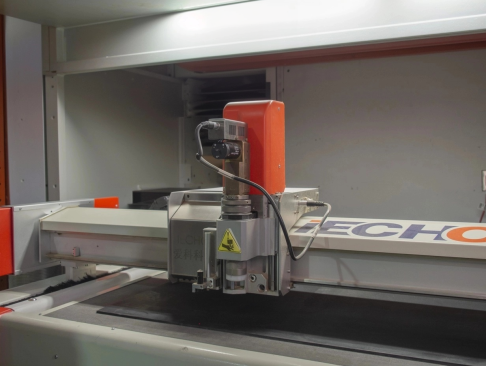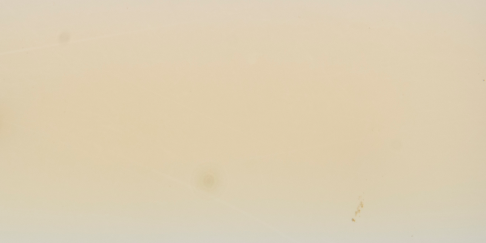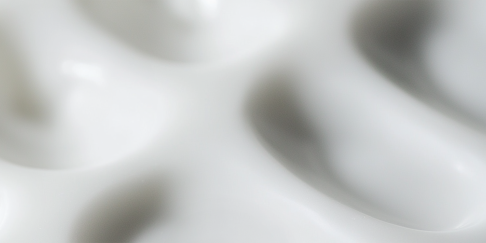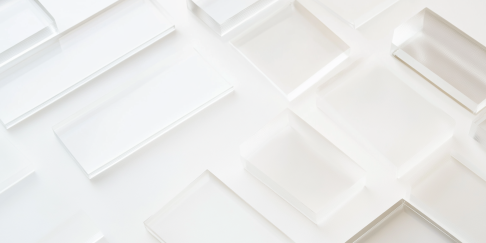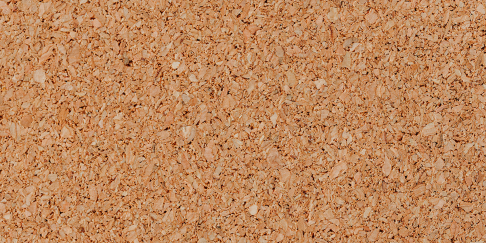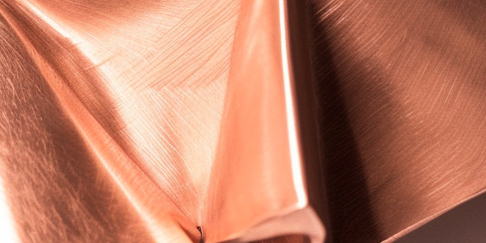Machining subcontractor for over 30 years!
Polycarbonate, an ultra-durable plastic

About polycarbonate
Polycarbonate is a high-performance thermoplastic known for its exceptional transparency and impact resistance. Its chemical structure gives it remarkable strength while remaining lightweight, making it a preferred choice for applications that require both durability and visual clarity. Unlike other plastics, it offers good dimensional stability and can withstand high temperatures without deforming.
Need custom polycarbonate parts?
We specialize in machining polycarbonate for precise industrial applications. Entrust us with your project and get parts tailored to your requirements!
Polycarbonate Features
Mechanical Performance
- High impact resistance: up to 250 times more resistant than glass, polycarbonate is ideal for applications where safety is essential.
- Good rigidity: its structural strength allows it to withstand significant mechanical stresses without cracking.
- Ease of machining: it can be cut, drilled, and thermoformed easily, offering great freedom in the design of parts.
Thermal Performance
- High operating temperature: can withstand temperatures up to 120 °C continuously without losing its properties.
- Good fire resistance: rated UL94 V-0, it is difficult to ignite, making it ideal for hazardous environments.
Chemical Performance
- Good chemical resistance: tolerates several common oils, greases, and solvents, although it is sensitive to certain alcohols and hydrocarbons.
- Low water absorption: it retains its mechanical properties even in humid environments.
Practicality
- Exceptional transparency: with clarity close to glass, it is often used for optical or protective applications.
- Lightweight: about 50% lighter than glass, it facilitates handling and installation.
- Good electrical insulation: used in the electronics industry thanks to its insulating properties.
Uses of Polycarbonate
Polycarbonate is widely used in a variety of applications such as security glazing, industrial protective screens, electronic components, as well as automotive and aerospace parts. It is preferred for its impact resistance and transparency, offering a safe alternative to glass.
Popular Comparisons
What is the difference between polycarbonate and acrylic?
Polycarbonate is more impact resistant than acrylic, but it is more prone to scratches. Acrylic offers better UV resistance, while polycarbonate is more flexible and less brittle.
Does polycarbonate yellow over time?
Without UV treatment, it can yellow when exposed to the sun for extended periods. Treated versions exist to prevent this phenomenon.
Can polycarbonate be glued?
Yes, but it is not as easy to glue as acrylic. The use of specific adhesives or chemical welding is recommended.
Is polycarbonate recyclable?
Yes, it is recyclable and can be remelted to create new products, although its recycling is more complex than some other plastics.
What is the difference between polycarbonate and plexiglass?
Polycarbonate is more impact resistant, while plexiglass (PMMA) is more rigid and offers better scratch and UV resistance.
Is polycarbonate resistant to chemicals?
It tolerates several chemicals but is vulnerable to strong solvents and aromatic hydrocarbons.
Can polycarbonate be drilled?
Yes, it can be drilled easily, but metal drill bits and reduced speeds should be used to avoid cracking.
Polycarbonate Machining Specialists
We bring our polycarbonate machining expertise to manufacturers. Contact us for high-precision parts tailored to your industrial needs!

We drive our clients’ growth through smart, customized subcontracting partnerships.
